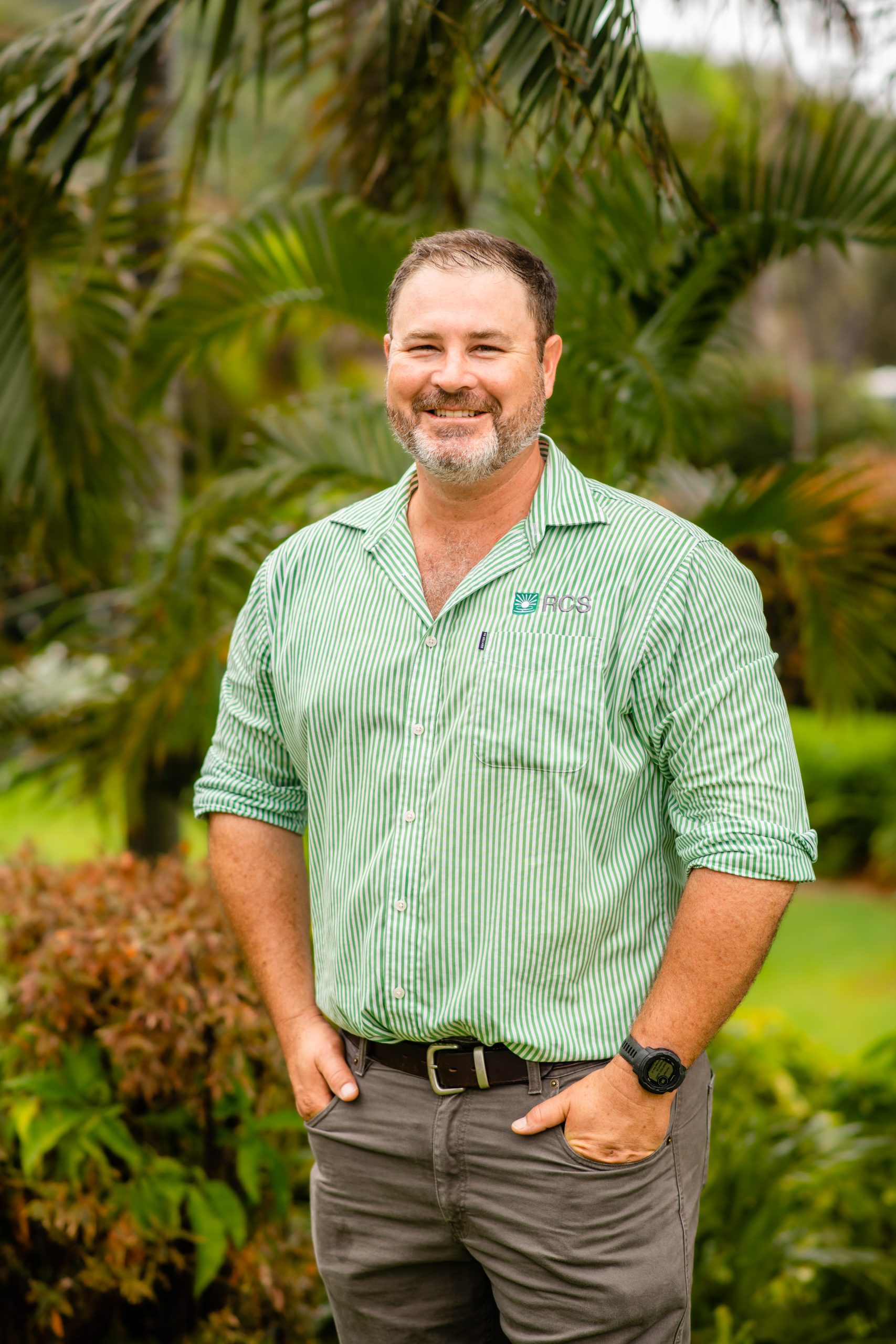
Dennis Donohoe, farm manager with Aminya Pastoral, is a seasoned producer with decades of experience, and his story is a testament to how even minor changes in farming practices can lead to significant improvements in productivity and land health.
RCS Chief of Delivery David McLean shares with you a tale of two farms.
The first farm is run by the Reactive family and the second is managed by the Proactive family.
Both farms are run by honest, hardworking people that are passionate about agriculture and the future of their land and business for future generations. Both are mixed farms with livestock and crops. They both know that their growing season has stopped or will pull up in the next few months and the commodity markets are as variable as ever.
The Reactive’s are focused on fixing flood gates, servicing machinery and mustering. They are nervous about commodity prices and what declining prices might mean for them. They’d like to buy more livestock although different family members have different ideas. However, they can’t agree on what to buy or how many. Jack Reactive doesn’t want to buy any, because they keep asking if they have enough feed for the animals they’ve got now and the progeny coming through. They are also a bit nervous about the next bank review as their costs have gone up in the last couple of years and they’ve borrowed a bit to buy animals. They have difficulty making decisions.
The Proactive’s are also fixing flood gates, servicing machinery and mustering.
However, the Proactive’s are also starting to forecast their planned stock numbers and potential DDH/100mm (or SDH/100mm) to how far understocked they are now and might be for the remainder of the year. They’ve run 3 gross margins on different buying options and discussed the forecast and gross margins as a team. While they are feeling pretty good at forecasting DDH/100mm now after starting it last year, they know they need to upskill further in feed budgeting and have that as a focus for the grazing team in 2023. They know that mastering this area will help them reduce numbers in advance in lesser seasons and it will give them more confidence to increase numbers in better seasons such as the one they’re having now.
The Proactive’s are starting to run gross margins on what winter crops they might plant. They have identified that further training in soil tests is required to make improved cropping decisions.
After making changes to their accounting program, stock flows and cropping record keeping systems last year, the Proactive’s are starting to feel confident on what their cost of production is and which enterprises are most vulnerable to a drop in commodity prices. With ongoing support from their RCS advisor, they are now looking forward to putting together their business budget in a few months time. They find the RCS tools and systems, to be simple and now have a really good connection between what is happening in the paddock and what is being analysed in the office. The shift from taxation to management focus has put them in control.
As the Proactive’s have learned new skills, they are making timely decisions with confidence. They are rewarded by being more in control, less stressed, and communicate as a family at a level they’ve never done before.
As the Proactive’s have learned new skills, they are making timely decisions with confidence. They are rewarded by being more in control, less stressed, and communicate as a family at a level they’ve never done before.
Just like we helped the Proactive family to find a better way, our team have the proven methods, experience and passion to be a trusted advisor in your corner. We are here to help you reach your potential through the year ahead, in a way that provides you and your family control and freedom for years to come.
We have face-to-face and online options for those who are unable to get away from home.
The skills the Proactive’s have learnt, are covered in depth in below short courses.
– Grazing management – RCS Grazing Clinic
– Business management – Business Fundamentals Workshop
– Cropping and soil health – Regenerative Cropping Workshop
For a comprehensive 7-day program, the leading business school for agriculture is Farming and Grazing for Profit . This course will give you the knowledge to help you effectively manage people, ecosystem health, productivity, and profitability in the one program.
Click here to see all our upcoming, course, programs, and Keep in Touch days.
If you would like to know more, visit the website send us an email or give us a call on 1800 356 004 and talk through what options will set you up for now and the future.
“An investment in knowledge always pays the best interest.” Benjamin Franklin
Author:

Chief of Delivery
Related:
Have a listen to ‘The Financial Bloke’s podcast with David, ‘Learn the traits the most successful producers all share’
Profitable Paddocks is our educational newsletter sent to your email inbox every quarter.
Click the Bell for the latest blogs.

Dennis Donohoe, farm manager with Aminya Pastoral, is a seasoned producer with decades of experience, and his story is a testament to how even minor changes in farming practices can lead to significant improvements in productivity and land health.
Once you have ownership as to why planning is important, the next ingredient is to work out where and how you will do your planning. When you write something down you change your relationship with the content. I cannot emphasise enough the power of getting your thoughts and plans out of your head onto paper or the computer.
The season in SA and Tassie is particularly tight right now with little or no useful rain since early January and a generally failed 2023 spring prior to that. Right now, across southern Australia and much of the eastern NSW, you won’t need to drive far out into the countryside to see cattle and sheep grazing (and lying on) hay and silage trails lined across paddocks.
Martha Lindstad and partner Robert James are farm managers on ‘Karalee’, Enngonia NSW. Both have travelled different paths to being where they are. Martha is originally from Norway, growing up on a three hectare farm before travelling to New Zealand and eventually the Pilbara in Western Australia. It was here that she saw the benefits of sustainable farming for the country and livestock.
The Prince’s RCS mentor, Raymond Stacey, sees a strong future ahead for Simon and Laura. “The Drought Resilient Soils and Landscapes project is about supporting graziers to manage their country and businesses better,” Raymond said. “I see an operation here where they’re working hard on their planning and putting their plans into action to leave their country, business and people in better shape.”

Join our mailing list
